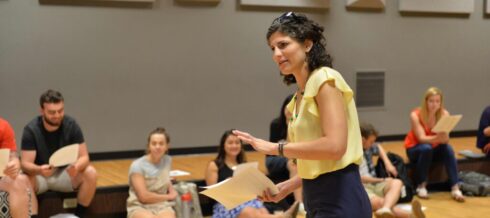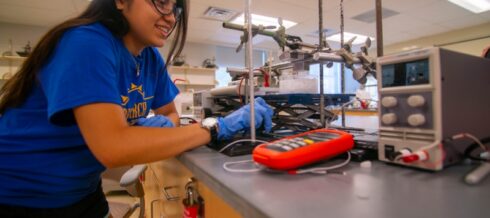Flipping the classroom after the fact – Cody Brooks, Psychology
Many of us found the value in creating short videos to deliver content to our students this spring. Often, these asynchronous videos were assigned ahead of time in preparation of various types of synchronous class discussions.
For my upper-level psychology class, I flipped the flipped-model. Instead of creating videos to deliver content, I created videos to address students’ misconceptions on various topics.










